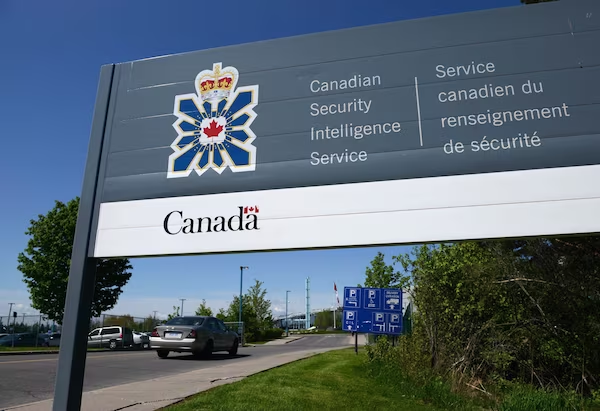A recent report from Canada’s Communications Security Establishment (CSE) has raised alarms about India employing cyber technology to track Sikh separatists abroad. This revelation comes on the heels of Canada accusing a high-ranking Indian official of authorizing violence linked to the killing of a Sikh activist in Vancouver.
The CSE report indicates that India is leveraging its cyber capabilities not only to surveil activists and dissidents living outside its borders but also to intensify cyber-attacks against Canadian government networks. This situation is particularly sensitive, given that Canada hosts the largest Sikh community outside India, many of whom advocate for an independent Sikh state.
The Canadian government has accused India of orchestrating the killing of Hardeep Singh Nijjar, a 45-year-old naturalized Canadian citizen and prominent Khalistan advocate, who was shot dead in Vancouver in 2023. The Khalistan movement seeks an independent Sikh homeland in India’s Punjab state, and Nijjar’s death has heightened tensions between the two nations.
CSE Chief Caroline Xavier stated at a news conference, “It is clear that we are seeing India as an emerging [cyber] threat actor.” She further suggested that the current strain in relations between Canada and India is likely fueling these cyber activities.
Following Canada’s allegations, the report details that a pro-India hacktivist group initiated large-scale DDoS attacks—overloading systems with traffic to render them inaccessible—targeting several Canadian websites, including those of the military.
During a testimony before the House of Commons Public Safety and National Security Committee, Deputy Minister of Foreign Affairs David Morrison confirmed a Washington Post report implicating Indian Home Affairs Minister Amit Shah in a scheme to intimidate and potentially kill Canadian Sikhs. Morrison disclosed that he had confirmed to a journalist that Shah was indeed involved in the intelligence-gathering campaign linked to Nijjar’s murder.
Prime Minister Justin Trudeau and the national police have both indicated that there are “clear indications” of India’s involvement in the killing and an ongoing campaign of intimidation against Khalistan activists in Canada.
In response to these serious allegations, India has categorically denied any wrongdoing. Diplomatic relations between the two countries have soured significantly, with both nations expelling each other’s ambassadors and senior diplomats earlier this month.
Additionally, four Indian nationals have been arrested in connection with the investigation into Nijjar’s murder, further complicating the diplomatic crisis.
